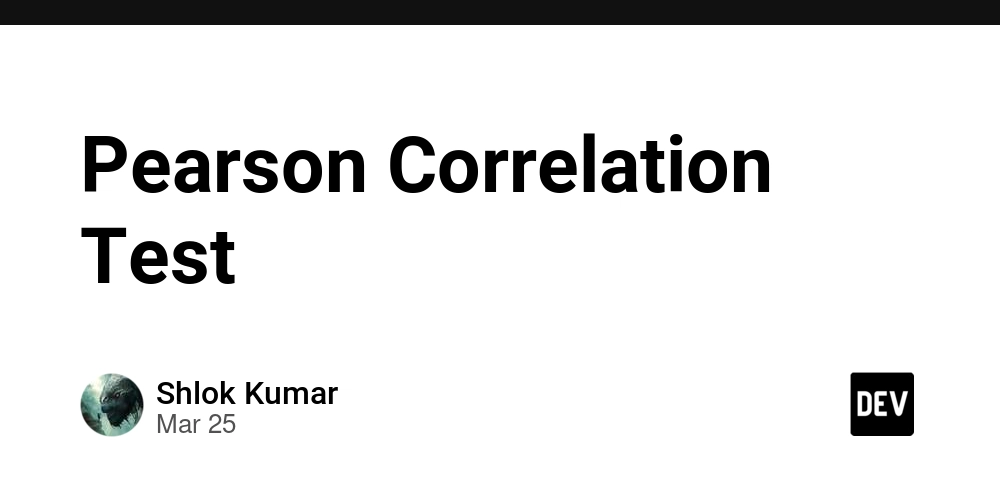What distinguishes a Ludo software engineer from a regular software engineer?
A Ludo software engineer differs from a regular software engineer in terms of the specialized skills and knowledge required for Ludo game development. Here’s a breakdown of the key distinctions: 1. Game-Specific Knowledge Ludo Game Development: A Ludo software engineer is well-versed in the specific mechanics, rules, and algorithms of Ludo game development. They must understand the game’s logic, including dice rolls, player movements, and board layout, ensuring the game functions as intended and is engaging for users. Regular Software Engineer: A regular software engineer may work on a broad range of projects, from web applications to mobile apps and enterprise systems, without a deep focus on game mechanics or design principles specific to games like Ludo. 2. Multiplayer Game Logic Ludo Game Development: Ludo software engineers must design and implement the multiplayer aspects of the game, including player turns, real-time interactions, matchmaking, and server-client communication for online play. They are also responsible for ensuring that the game is synchronized across different devices in real-time. Regular Software Engineer: Regular engineers may not need to handle real-time multiplayer features, as their work could focus on standalone applications or systems that do not require synchronization between users. 3. UI/UX Design for Games Ludo Game Development: A Ludo software engineer is familiar with designing and optimizing user interfaces for a smooth and intuitive game experience. This includes layout design, board animations, dice rolls, and player interactions, all tailored to the Ludo game development style. Regular Software Engineer: Regular engineers might focus more on traditional application interfaces, such as forms, buttons, and data visualizations, without the need for game-specific design or animation. 4. Game Performance Optimization Ludo Game Development: Performance optimization in a Ludo game development context requires ensuring smooth gameplay across different devices, from mobile phones to desktops. Engineers must focus on reducing lag, optimizing memory usage, and improving game rendering for animations and transitions specific to Ludo. Regular Software Engineer: While performance optimization is important, a regular software engineer typically deals with optimizing database queries, server-side performance, and application speed, which may not involve the complex rendering or animation optimization necessary for games. 5. Randomness and Fairness Algorithms Ludo Game Development: A Ludo software engineer must ensure that dice rolls and player movements are both random and fair. This involves implementing robust random number generation algorithms and testing for fairness in the game’s outcome. Regular Software Engineer: While regular engineers might work with algorithms for randomness (e.g., in simulations or cryptography), they typically do not deal with game-specific fairness testing, as that is a critical element in Ludo game development. ** Gamification Elements** Ludo Game Development: Ludo engineers understand how to incorporate gamification techniques into the gameplay, such as rewards, achievements, or competitive rankings, to enhance user engagement and retention. Regular Software Engineer: Regular software engineers may work on features like forms, reporting tools, or enterprise-level solutions, but they do not necessarily need to incorporate gamification strategies. 7. Integration with Social Features Ludo Game Development: Integration with social media platforms, leaderboards, and user accounts is essential for Ludo game development. Engineers work on features like inviting friends, sharing scores, and enabling multiplayer interactions. Regular Software Engineer: A regular engineer may not need to integrate these social or multiplayer elements unless the application is social or collaborative in nature. 8. Testing and Debugging Game-Specific Features Ludo Game Development: Testing in Ludo game development involves ensuring that game logic, dice outcomes, player turns, and multiplayer synchronization all function correctly. Engineers use game-specific testing tools and frameworks to identify bugs and glitches unique to interactive game environments. Regular Software Engineer: While regular software engineers test for functional bugs in applications, they typically do not need to test for real-time gameplay synchronization or complex game mechanics.

A Ludo software engineer differs from a regular software engineer in terms of the specialized skills and knowledge required for Ludo game development. Here’s a breakdown of the key distinctions:
1. Game-Specific Knowledge
Ludo Game Development: A Ludo software engineer is well-versed in the specific mechanics, rules, and algorithms of Ludo game development. They must understand the game’s logic, including dice rolls, player movements, and board layout, ensuring the game functions as intended and is engaging for users.
Regular Software Engineer: A regular software engineer may work on a broad range of projects, from web applications to mobile apps and enterprise systems, without a deep focus on game mechanics or design principles specific to games like Ludo.
2. Multiplayer Game Logic
Ludo Game Development: Ludo software engineers must design and implement the multiplayer aspects of the game, including player turns, real-time interactions, matchmaking, and server-client communication for online play. They are also responsible for ensuring that the game is synchronized across different devices in real-time.
Regular Software Engineer: Regular engineers may not need to handle real-time multiplayer features, as their work could focus on standalone applications or systems that do not require synchronization between users.
3. UI/UX Design for Games
Ludo Game Development: A Ludo software engineer is familiar with designing and optimizing user interfaces for a smooth and intuitive game experience. This includes layout design, board animations, dice rolls, and player interactions, all tailored to the Ludo game development style.
Regular Software Engineer: Regular engineers might focus more on traditional application interfaces, such as forms, buttons, and data visualizations, without the need for game-specific design or animation.
4. Game Performance Optimization
Ludo Game Development: Performance optimization in a Ludo game development context requires ensuring smooth gameplay across different devices, from mobile phones to desktops. Engineers must focus on reducing lag, optimizing memory usage, and improving game rendering for animations and transitions specific to Ludo.
Regular Software Engineer: While performance optimization is important, a regular software engineer typically deals with optimizing database queries, server-side performance, and application speed, which may not involve the complex rendering or animation optimization necessary for games.
5. Randomness and Fairness Algorithms
Ludo Game Development: A Ludo software engineer must ensure that dice rolls and player movements are both random and fair. This involves implementing robust random number generation algorithms and testing for fairness in the game’s outcome.
Regular Software Engineer: While regular engineers might work with algorithms for randomness (e.g., in simulations or cryptography), they typically do not deal with game-specific fairness testing, as that is a critical element in Ludo game development.
**
- Gamification Elements** Ludo Game Development: Ludo engineers understand how to incorporate gamification techniques into the gameplay, such as rewards, achievements, or competitive rankings, to enhance user engagement and retention.
Regular Software Engineer: Regular software engineers may work on features like forms, reporting tools, or enterprise-level solutions, but they do not necessarily need to incorporate gamification strategies.
7. Integration with Social Features
Ludo Game Development: Integration with social media platforms, leaderboards, and user accounts is essential for Ludo game development. Engineers work on features like inviting friends, sharing scores, and enabling multiplayer interactions.
Regular Software Engineer: A regular engineer may not need to integrate these social or multiplayer elements unless the application is social or collaborative in nature.
8. Testing and Debugging Game-Specific Features
Ludo Game Development: Testing in Ludo game development involves ensuring that game logic, dice outcomes, player turns, and multiplayer synchronization all function correctly. Engineers use game-specific testing tools and frameworks to identify bugs and glitches unique to interactive game environments.
Regular Software Engineer: While regular software engineers test for functional bugs in applications, they typically do not need to test for real-time gameplay synchronization or complex game mechanics.









































































































































































![[The AI Show Episode 144]: ChatGPT’s New Memory, Shopify CEO’s Leaked “AI First” Memo, Google Cloud Next Releases, o3 and o4-mini Coming Soon & Llama 4’s Rocky Launch](https://www.marketingaiinstitute.com/hubfs/ep%20144%20cover.png)















































































































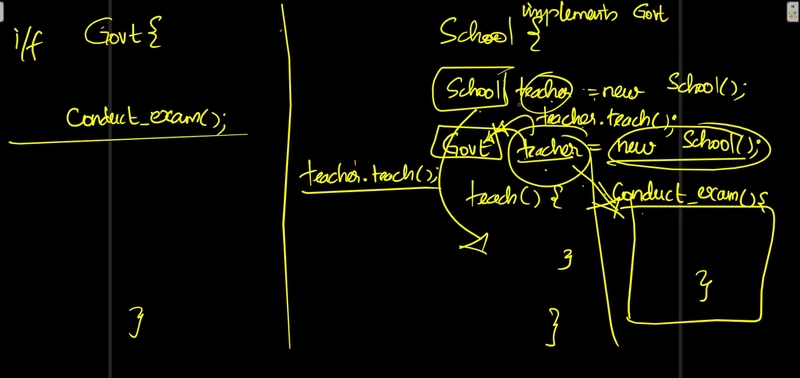
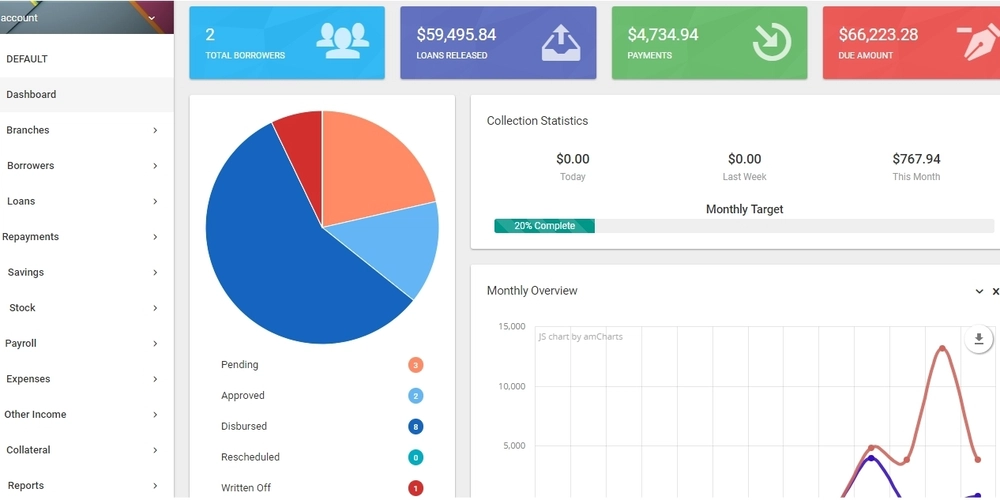











![[DEALS] The All-in-One Microsoft Office Pro 2019 for Windows: Lifetime License + Windows 11 Pro Bundle (89% off) & Other Deals Up To 98% Off](https://www.javacodegeeks.com/wp-content/uploads/2012/12/jcg-logo.jpg)



























![Is this too much for a modular monolith system? [closed]](https://i.sstatic.net/pYL1nsfg.png)









































































































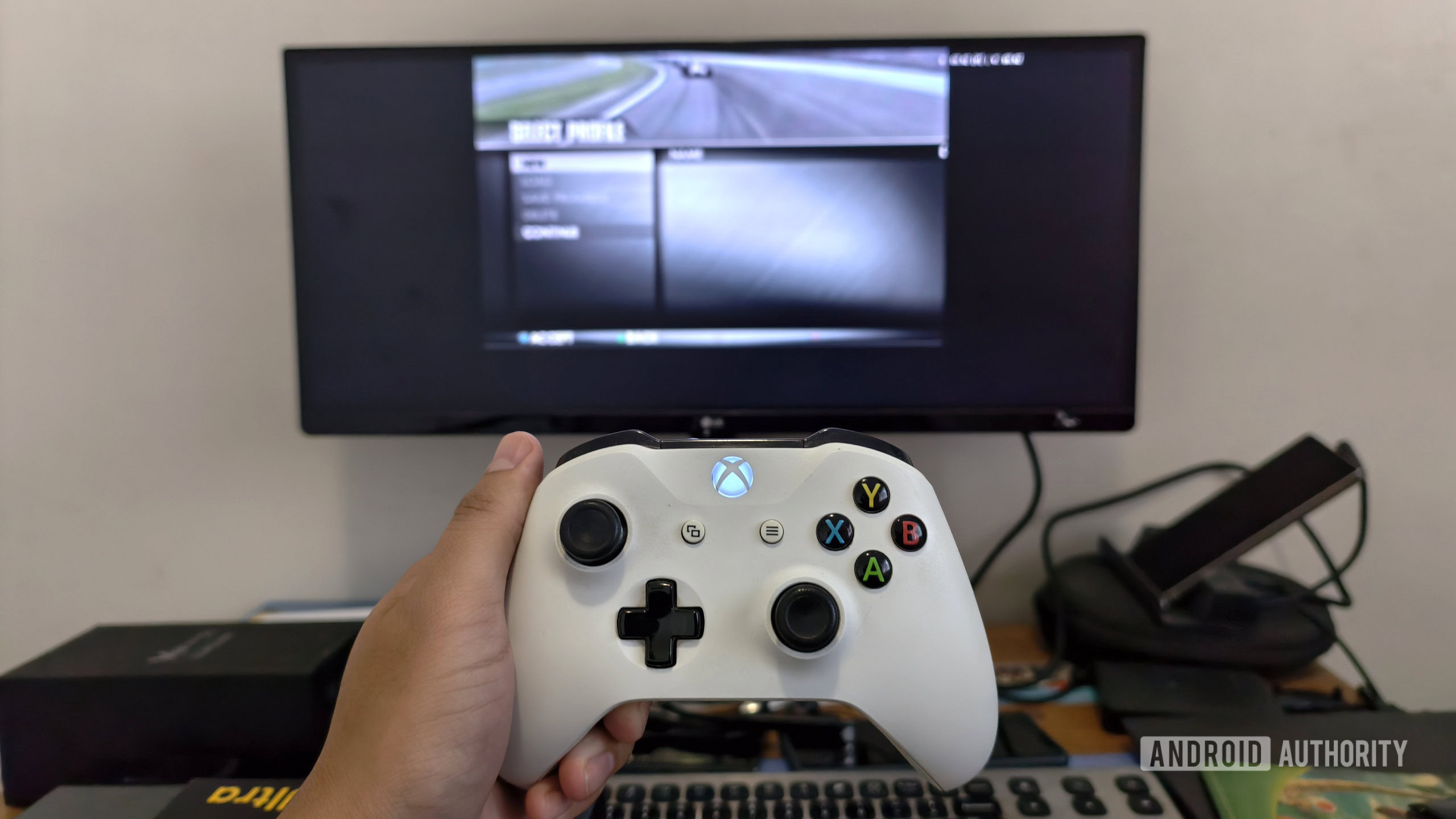












_Andreas_Prott_Alamy.jpg?width=1280&auto=webp&quality=80&disable=upscale#)
























































































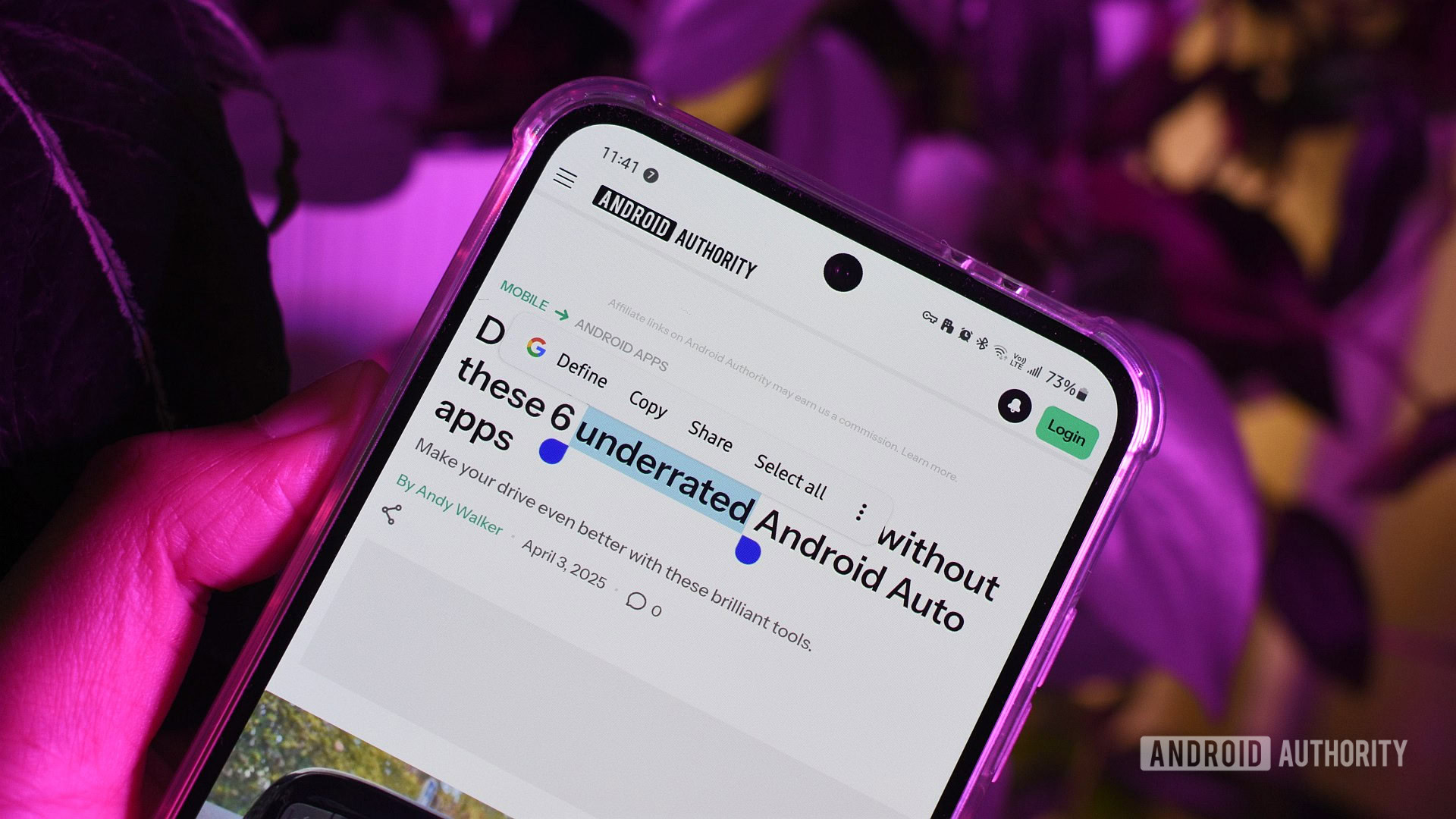







![What features do you get with Gemini Advanced? [April 2025]](https://i0.wp.com/9to5google.com/wp-content/uploads/sites/4/2024/02/gemini-advanced-cover.jpg?resize=1200%2C628&quality=82&strip=all&ssl=1)













![Apple Shares Official Trailer for 'Long Way Home' Starring Ewan McGregor and Charley Boorman [Video]](https://www.iclarified.com/images/news/97069/97069/97069-640.jpg)
![Apple Watch Series 10 Back On Sale for $299! [Lowest Price Ever]](https://www.iclarified.com/images/news/96657/96657/96657-640.jpg)
![EU Postpones Apple App Store Fines Amid Tariff Negotiations [Report]](https://www.iclarified.com/images/news/97068/97068/97068-640.jpg)
![Apple Slips to Fifth in China's Smartphone Market with 9% Decline [Report]](https://www.iclarified.com/images/news/97065/97065/97065-640.jpg)



































































































































